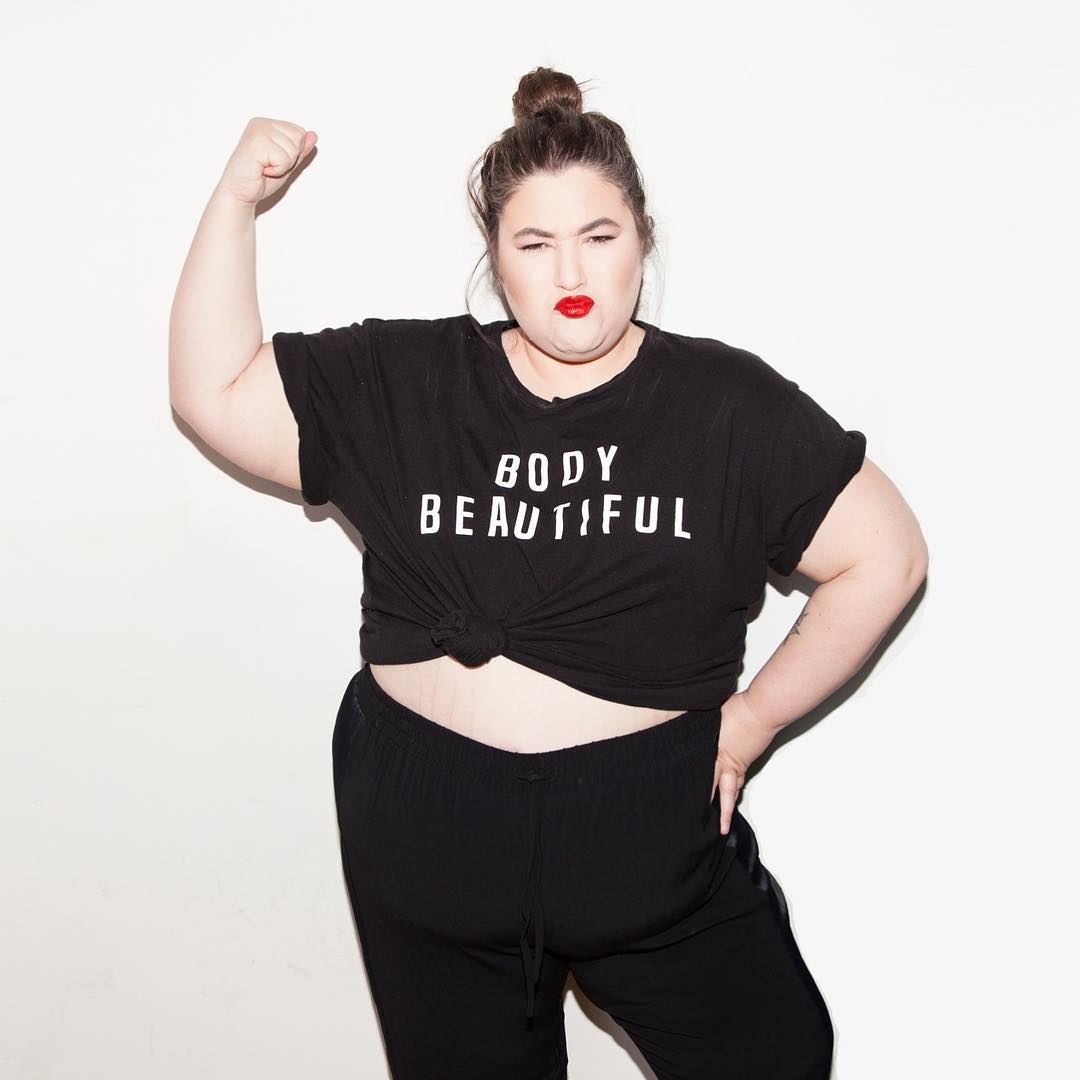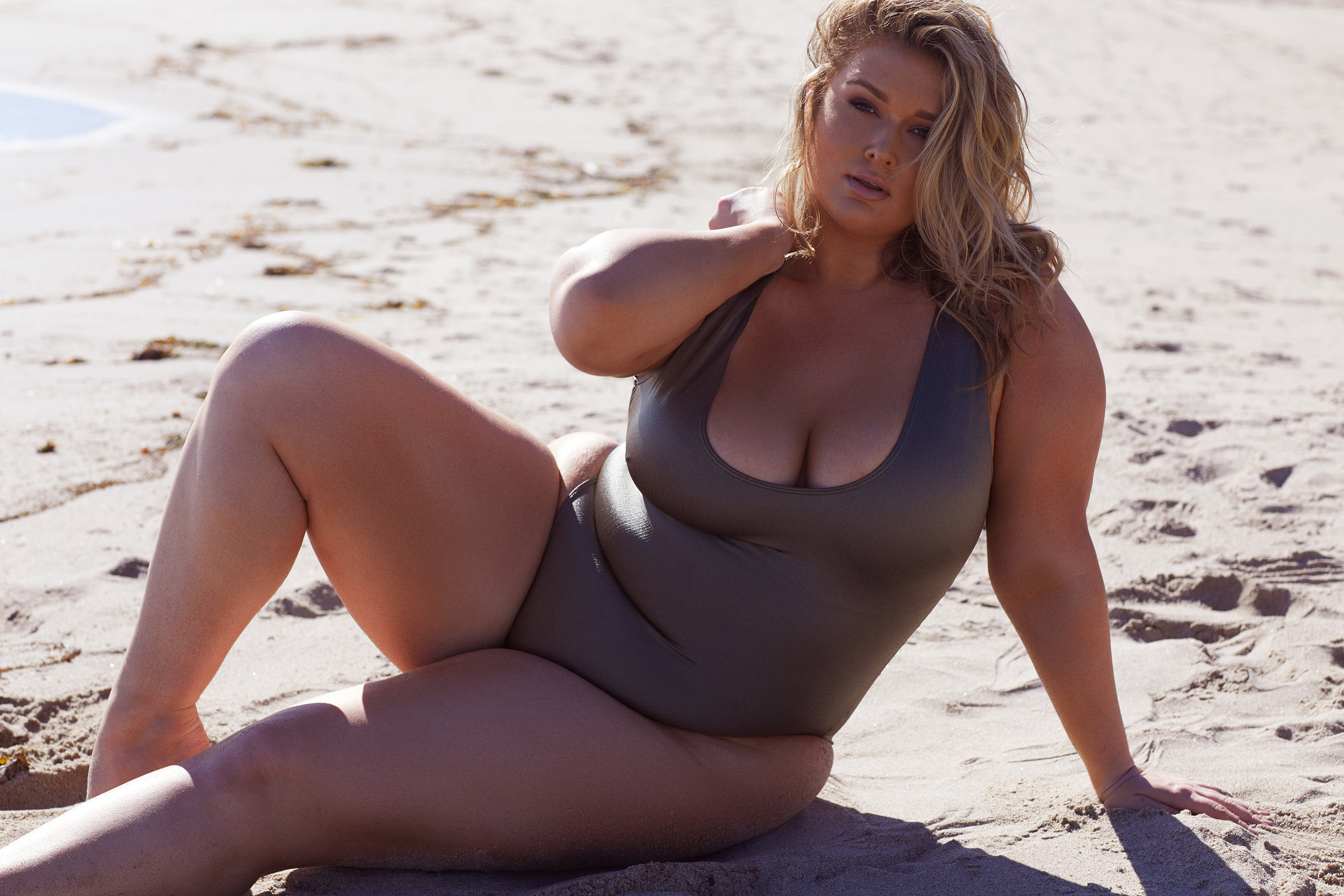What is your favourite thing about the work that you do?
My favourite thing? It's tough to pinpoint a favourite thing, but probably, the ability to work at my own pace, how and when I want. Alongside that, this work as brought some of the most amazing people into my life that I'd have never met otherwise. I've been blessed to meet some of the kindest, brightest, most intelligent and talented people I've ever met because of this industry.
How did you first start working in this industry?
I was in the restaurant industry for almost 13 years (since I was 16), and I just got so sick of it. I got sick of the hours, the low pay, and abuse/sexual harassment/body shaming/sexism of the industry. If my body was going to be criticized, abused, harassed, and put on display, I was going to the be one who decided the cost, not my employers.
I was already active in kink/BDSM in my personal life, and a then-friend of mine was seeing folks for fetish work off of backpage. I asked her about it, she showed me, and 3 months later I quit my bartending job. I did go back to the industry for 1.5 years in a different capacity, but then decided that sex work made me 10x happier than any other job I'd ever had.
What is a common misconception about your work that irritates you the most?
One of the biggest misconceptions about how folks come into being sex workers, particularly full service in-person sex workers, is that no one would choose to do this work without some sort of forcing or coercion. Some folks assume incorrectly that all full service in-person workers (providers) somehow lost the ability to make choices for themselves, and that’s nonsense. People Choose jobs for themselves literally all the time. No one demeans baristas, housekeepers, construction workers, or janitors for their job choices. Sex work is work. Assuming all in person, full service sex workers are coerced really does a lot of damage and actually ignores those in the sex trade who actually are coerced/trafficked.
I'd like to state that I'm relatively privileged as far as in-person sex work goes. I'm white, highly educated, and cis-gendered. All of that helps me quite a bit. So the misconceptions I'm going to discuss revolve around a very specific type of in-person sex work; work that isn't street-based or survival-based. I can't speak to the experiences of street-based workers, nor would I ever attempt to. Which leads me to one of the biggest misconceptions about sex work, in my experience:
Most sex workers are not rolling in cash. Depending on when a worker started, sure- they can be. But there's this idea that in order for sex work to be valid, you have to be rolling in dough and luxury goods and red bottoms. You don't. And most aren't. Lots of providers ('provider' is a term used to refer to full service, in-person sex workers) are very much "middle class;" lots of providers are poor, too. That hourly rate? That makes up for all the hours spent posting ads, doing administrative work, and maintaining appearance. If folks think that providers are making their rate and basing hours on a 40 hour full-time work week, or even a 20 hour part-time work week, they're wildly mistaken.
That brings me to another huge misconception- lots of providers don't see multiple guests a day. I know a lot of people who have gone weeks without being booked.
Also, I'd like to state that if a provider structures their rates so that they do see multiple people per day, it's entirely valid for them to work that way. I'm of the belief that there's no wrong way to structure rates, and that folks should work however they feel most comfortable.
With a lack of “traditional” support systems available to sex workers, what sort of safety measures do you have in place?
I honestly don't like to discuss this publicly, as our current safety nets are under a lot of scrutiny due to FOSTA. Most of our safety measures are community-based and online. Online groups, bad date lists, etc. There are other devices some folks use to help with safety as well, but most of it is largely community-based.
How have you found the internet has allowed you to work?
I've never worked without it. I started in this business 6 years ago- internet escorting is all I know.
Do you see this changing due to FOSTA/SESTA? Have you already noticed a change or been put out of work?
Things are already changing. Advertising platforms are self-censoring. Review boards are banning US IP addresses. Providers are losing or have lost their go-to advertising platforms. Our online safety resources are also self-censoring. I wish these platforms weren’t doing the governments job for it, but alas.
Providers the world over are going through a pretty rough and scary time, particularly because sites that had been good for work for a lot of people are now disappearing.
For me personally, a lot of these sites didn’t provide the return on investment to be viable (Backpage self-censored in the US over a year ago, and that’s when backpage became a non-viable ad platform for me. Prior to that most of my clientele came from backpage.), or id delisted myself from review sites before they self-censored and disallowed US members. I revoked my own access to their advertising platform before all of that. So the impact for me personally in my own work was felt before FOSTA got signed into law.
However those sites were so important for so many providers. It’s not a small matter that these sites are gone. It will take time and effort to recover, and that’s not a luxury everyone has.
I'm particularly worried about the censorship FOSTA has already allowed to happen despite the fact that it's not even enforceable as a law until January 2019. I'm of the opinion that FOSTA is simply allowing companies that couldn't really enforce morality-based censorship the ability to now do so. Social media platforms are self-censoring; website hosting platforms are as well.
So while things have changed for me to a degree, they've changed for others a whole lot more, and those are the folks that need our help and attention right now.
What can non-SW do to help protect sex worker rights?
Listen to sex workers, particularly the most marginalized sex workers. Stand with us and raise our voices. Fight stigma and advocate for our rights even when we aren't around.
Is there anything else you’d like to add/say?
If folk would like to donate to emergency funds, outreach programs and legal organizations fighting for sex worker rights, they can do so with the following organizations:
Lysistrata: https://www.lysistratamccf.org/
St. James Infirmary: http://stjamesinfirmary.org/
Sex Worker Outreach Project USA: http://www.new.swopusa.org/
The Erotic Service Provider Legal, Educational, and Research Project: http://esplerp.org





















